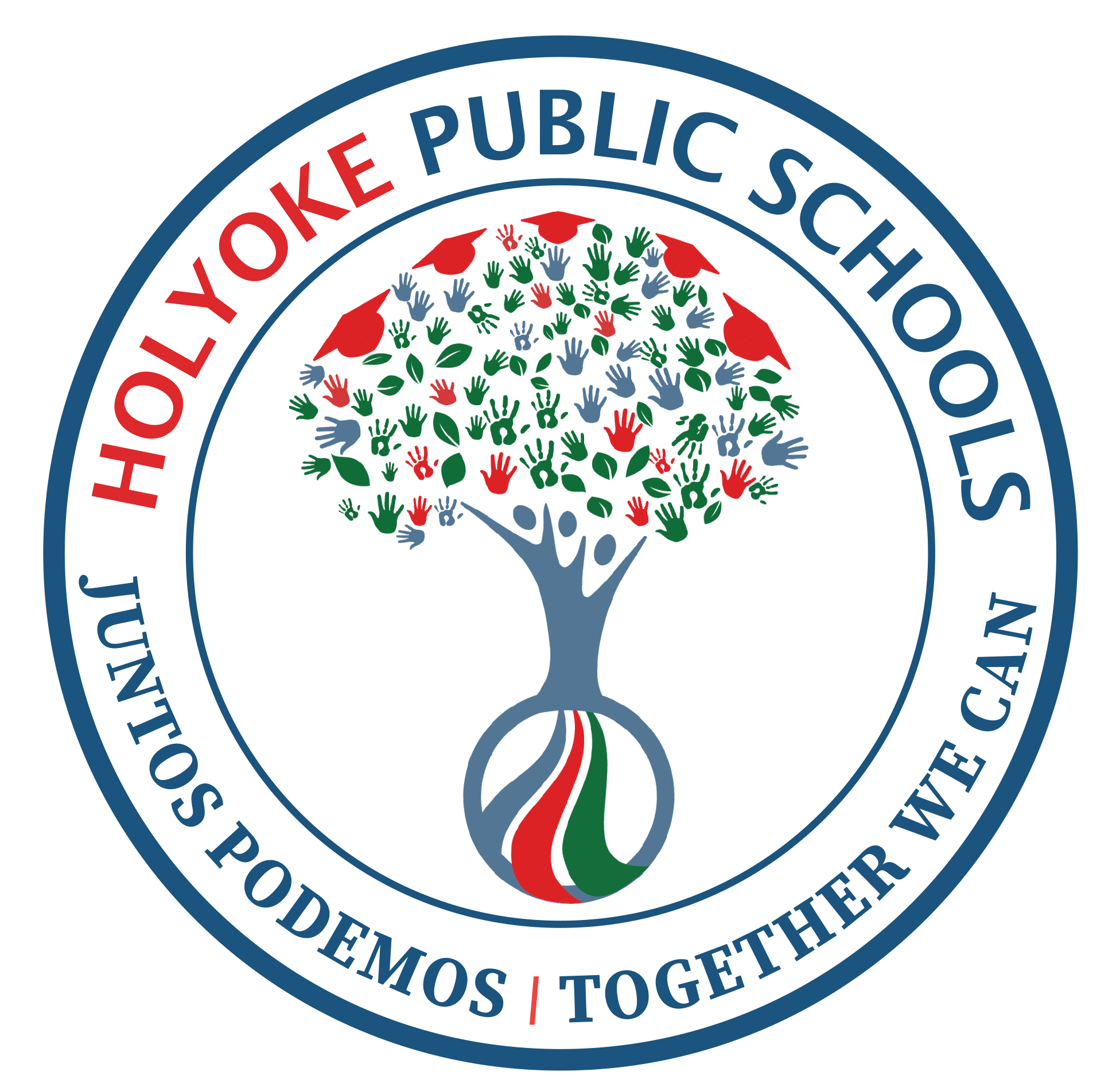Holyoke Public Schools has outlined a number of steps the district and its schools are taking to better support students’ social emotional learning and their health to help ensure that every child can and will learn.
“The need for these changes has become resoundingly clear to me after listening to students, families, teachers, and staff and from reviewing a great deal of data,” said Superintendent Anthony Soto. “We are taking immediate steps at the school level to strengthen our existing efforts. You can expect to see these adjustments begin to take place in the coming weeks.”
These steps include setting clearer expectations, devoting more time, dedicating additional resources, and reinforcing school-family partnerships.
“First and foremost, we need to strengthen the culture and climate in each school, so that every child can learn and every adult can work in a safe, supportive learning environment,” Superintendent Soto said. “To do so, we must explicitly teach social emotional learning competencies and classroom expectations, provide counseling and additional support when needed, and respond to incidents of inappropriate conduct in a way that strikes a balance between restorative practices and appropriate consequences."
What social-emotional and behavior supports are in place now or will be added in the coming weeks?
Tier 1 Support For All
Elementary, Middle, and High School Grades
Actively support and monitor the implementation of the TRAILS Social Emotional Learning curriculum in grades K-9, which is intended to support students to build healthy relationships, manage strong emotions, and make caring, responsible decisions.
Utilize the REACH learner profile in the classroom to teach and reinforce important attributes and skills that students should develop throughout their educational journey.
Develop and implement clear guidance for when a student misbehavior should be addressed within the classroom setting or when it escalates to an out-of-classroom student support referral.
Continue to train teachers and staff on the use of the TRAILS curriculum, REACH learner profile, and restorative practices, which are intended to build community and maintain healthy relationships.
Strengthen the implementation of student support teams, use of referral data in the student information system, and data analysis to understand what is working and where more support is needed.
Middle and/or High School Grades
Actively support and monitor student-teacher conferencing in grades 6-8 as a way to help middle school students set, monitor, and reach academic and/or personal goals.
In addition to the REACH learner profile, utilize the Habits of Working and Learning (HOWLs) to guide and reinforce productive academic behavior and when determining course grades.
Tiers 2 and 3 Support for Some Students
Elementary, Middle, and High School Grades
Utilize two separate spaces in the school when students are removed from the general classroom setting. One space is used to process the situation and participate in restorative work. The other space is for students who have been removed from the classroom for a short period of time or for internal suspensions.
Continue to provide one-on-one or small group counseling and/or informal school-based mentorship relationships.
Continue to work with community partners to refer students to additional counseling services as needed.
Middle and/or High School Grades
Develop and implement clear guidance for addressing students whose frequent, minor violations to the HPS Code of Conduct create potentially unsafe and repeatedly disruptive situations for themselves and other students.
Re-establish a balance between a restorative approach to student discipline and an approach that recognizes the teaching potential for appropriate consequences in response to major violations of the student code of conduct.
Strengthen implementation of the middle school mentorship program.
How can families help?
“One of our district’s core beliefs is that ‘Trusting relationships lead to successful partnerships.’ We look to our families to help strengthen this practice,” Superintendent Soto said. “Thank you for your support and engagement as we work together to foster positive school cultures, build strong relationships between students and caring adults, and support students’ social emotional well being.”
Specific ways families can help include:
All parents, caregivers, and community partners reinforce and model the importance of productive learning behaviors at school, including actively participating, trying your best, being kind and respectful, asking for help when needed, and processing emotions in a respectful way.
Any parent or caregiver who receives a phone call, text, or email from a teacher about their child commits to partnering with the teacher and school to better understand the child’s need, problem solve the situation or need, and recognize that we all have the child’s best interest in mind. When a student is involved in restorative practice or discipline as a result of their actions at school, we request that the parent or caregiver support and reinforce the school’s approach.
Any parent or caregiver whose child is referred to counseling, mentoring, or for additional services takes advantage of the support by attending regularly and engaging in good faith.
Any community partner who has additional capacity to provide counseling, small-group social emotional learning programs, mentorship, etc. should send an Email Director of Student Support Services Giselle Rojas.

